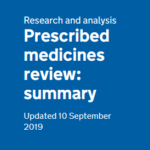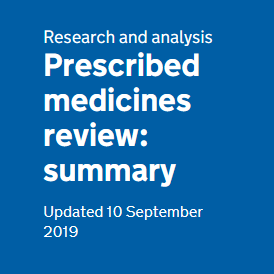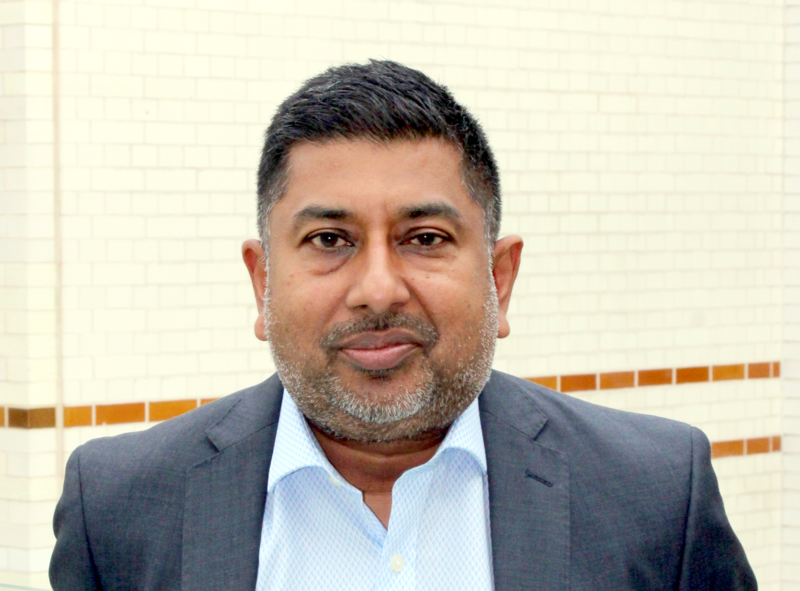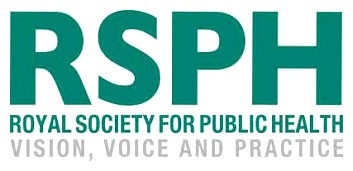 Guest blog by Amanda Woolley, Policy and Implementation Lead for the Elective Care Transformation Programme at NHS England and NHS Improvement
Guest blog by Amanda Woolley, Policy and Implementation Lead for the Elective Care Transformation Programme at NHS England and NHS Improvement
The NHS Long Term Plan set the ambition to reduce outpatient attendances by a third over the next five years. Rheumatology services are leading the way in developing alternatives to the traditional outpatient model so that patients can access the support and treatment they need, at the time they need it.
Most people seen by rheumatology services will have chronic, long term conditions, such as rheumatoid arthritis and will require continuing specialist input to support management of their condition.…
Read more of this article


 In September, Public Health England published a report on their review of the scale, distribution and causes of prescription drug dependence, and what might be done to address it. This included findings on opioid use for non cancer pain. The report made recommendations for action to reduce the problems caused by dependency and stated that effective, personalised care should include shared decision-making with patients and regular reviews of whether treatment is working.
In September, Public Health England published a report on their review of the scale, distribution and causes of prescription drug dependence, and what might be done to address it. This included findings on opioid use for non cancer pain. The report made recommendations for action to reduce the problems caused by dependency and stated that effective, personalised care should include shared decision-making with patients and regular reviews of whether treatment is working. by Simon Chapman, Deputy Director, Personalised Care Group, NHS England.
by Simon Chapman, Deputy Director, Personalised Care Group, NHS England.
 by Duleep Allirajah, Assistant Director of Policy and Campaigns, RCGP
by Duleep Allirajah, Assistant Director of Policy and Campaigns, RCGP

 by Jill Hamilton, Professional Engagement Manager, National Ankylosing Spondylitis Society
by Jill Hamilton, Professional Engagement Manager, National Ankylosing Spondylitis Society


 Guest blog by Andy Bell, Deputy Chief Executive, Centre for Mental Health
Guest blog by Andy Bell, Deputy Chief Executive, Centre for Mental Health